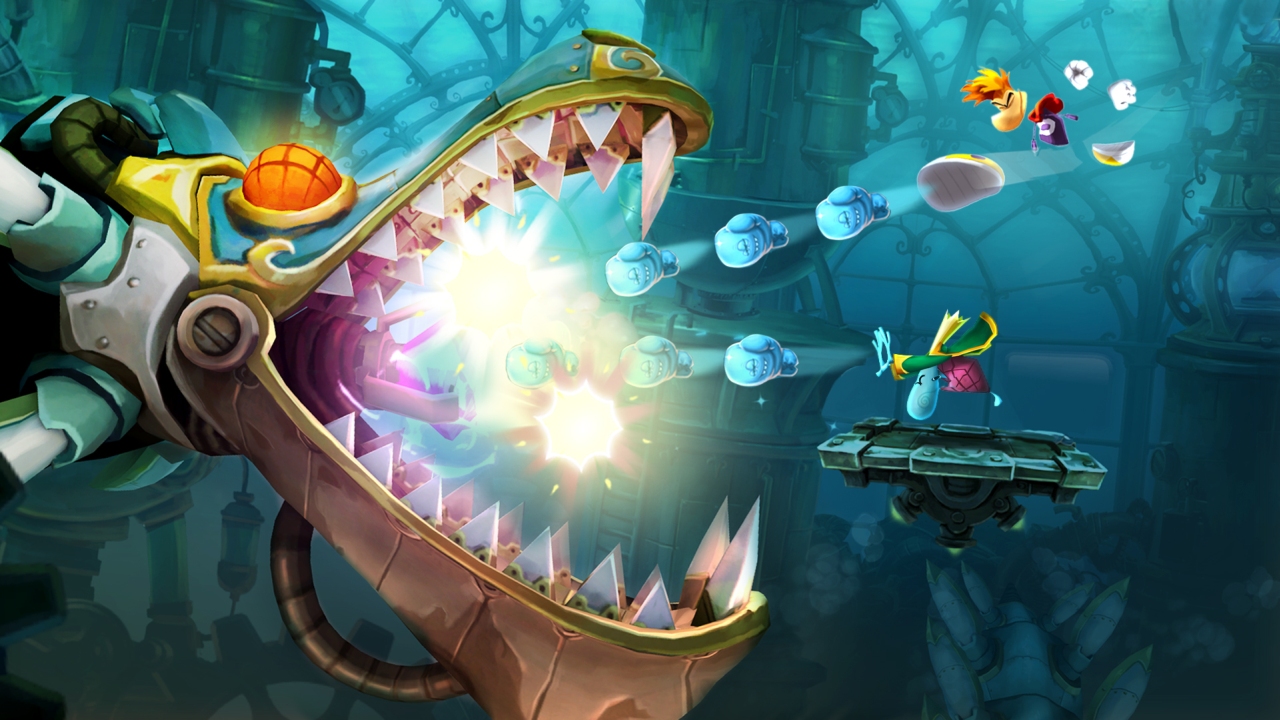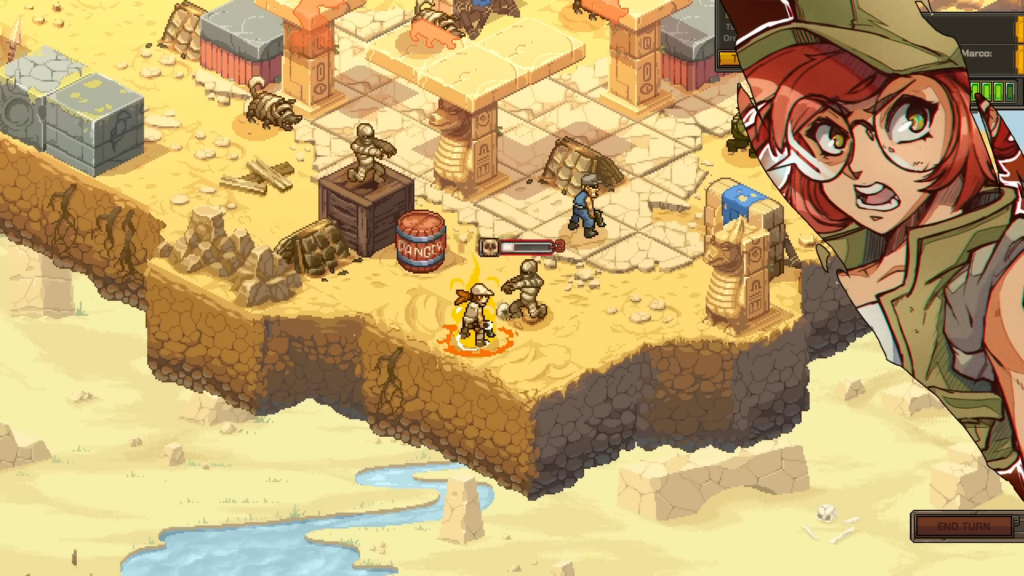Exploring the impact of gaming on mental health
In recent years, the world of gaming has evolved from a niche hobby to a mainstream one, with millions of people around the world immersed in virtual worlds. As gaming continues to rise in popularity, so too does the controversy surrounding its impact on mental health. While some argue that gaming can lead to addiction and social isolation, others believe that it can have positive effects on mental health.
To understand the impact of gaming on mental health, it is first necessary to define what we mean by “gaming.” In this context, gaming refers to playing video games, which can range from action-packed first-person shooters to quiet, creative games like Minecraft.
Negative perception of games
The negative perception of games often stems from the belief that they can be addictive. The World Health Organization (WHO) has even recognized “gaming disorder” as a mental health condition, which is defined as a pattern of gaming behavior characterized by poor gaming control, increased priority given to gaming over other activities, and continued or escalated gaming despite that. Negative consequences.
Furthermore, excessive gaming can lead to social isolation, as players may spend more time in virtual worlds than in real-life social interactions. This can lead to feelings of loneliness and depression.
The positive impact of games
On the other hand, many studies indicate that gaming can have positive effects on mental health. For example, a study published in the Journal of Medical Internet Research found that video games can be used as effective therapeutic tools for those suffering from mental health problems such as depression and anxiety.
Games can also provide a sense of community. Many games now have multiplayer features, allowing players to connect and interact with others around the world. This can foster a sense of belonging and camaraderie, which can be beneficial for mental health.
Furthermore, gaming can help improve cognitive functions. According to a study published in the American Journal of Play, strategy and problem-solving games can enhance memory, concentration, and spatial navigation skills.
Achieve balance
Like any activity, moderation is key when it comes to gaming. Spending too much time gaming can have negative consequences, but when done in moderation, it can become a fun and rewarding activity.
It is also important to note that although gaming can have positive effects on mental health, it should not be used as a substitute for professional mental health treatment. If you or someone you know is struggling with mental health issues, it is important to seek help from a health care professional.
In conclusion, gaming can have both positive and negative effects on mental health. It can lead to addiction and social isolation, but it can also serve as a therapeutic tool, provide a sense of community, and improve cognitive function. As with any activity, the key is to strike a balance and make sure gaming is part of a well-rounded lifestyle.
Sources: World Health Organization, Journal of Medical Internet Research, American Journal of Play.

“Unapologetic analyst. Infuriatingly humble coffee evangelist. Gamer. Unable to type with boxing gloves on. Student. Entrepreneur.”







More Stories
Rayman: Re-release is planned to involve the Prince of Persia team, but also someone else
Apple is working on a new gaming app: details and prospects
A new game could surprise fans